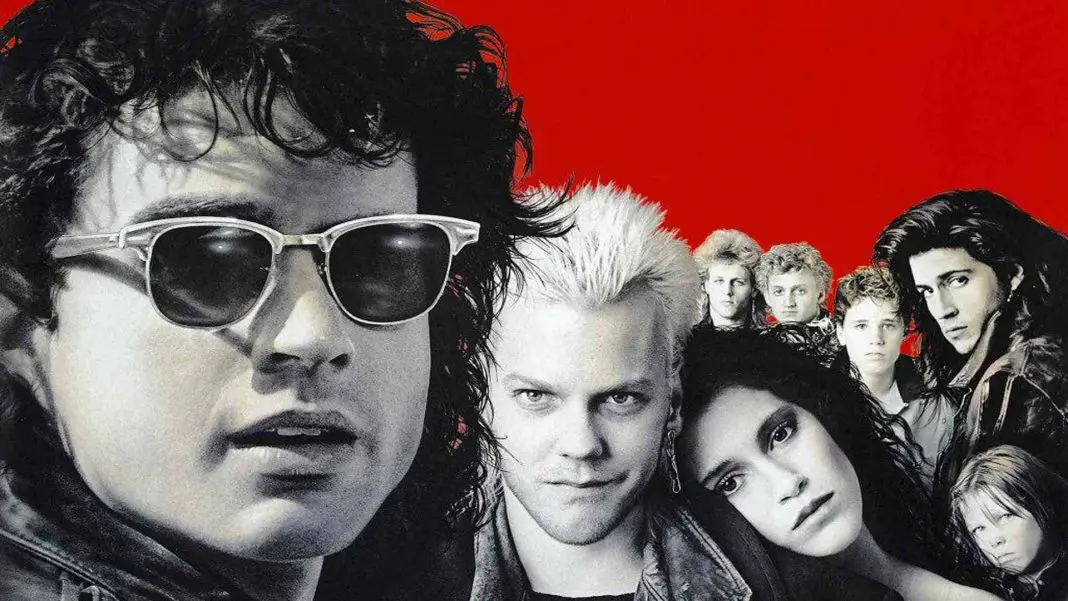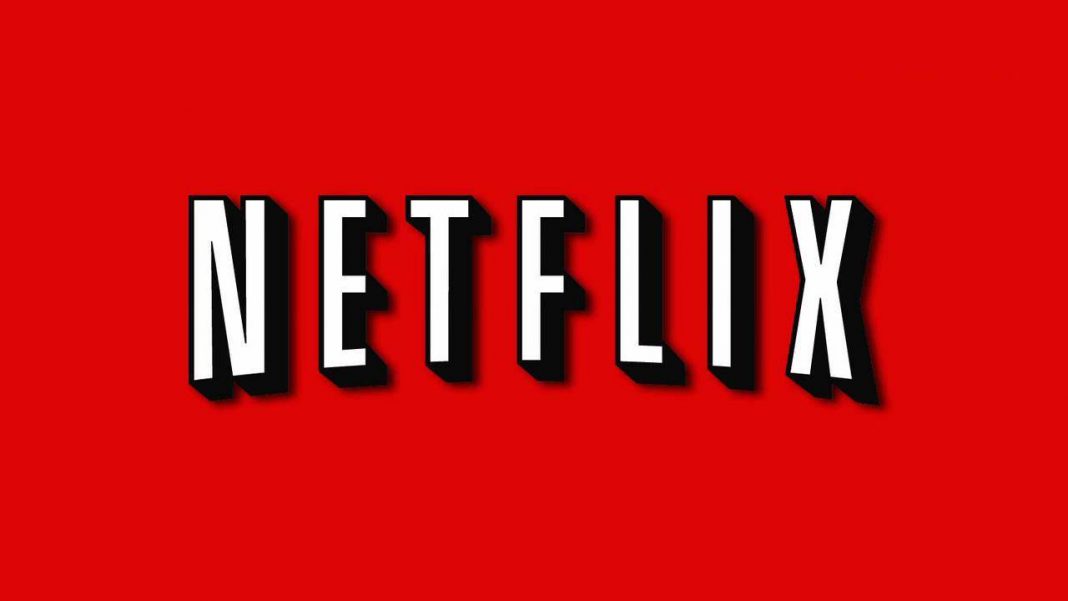The Japanese film Battle Royale, based on the book by Koushun Takami, is about a freshman class that is taken on a ‘school trip’ where they are drugged and taken to a deserted island where they are informed they will have three days to kill each other – with the sole survivor being declared the winner. The overbearing theme should sound pretty familiar, but Battle Royale came some time before The Hunger Games (although it did not see an official US release until just after the big screen adaptation of The Hunger Games opened). But to be fair, there were stories dealing with similar concepts (Stephen King’s The Long Walk is a good early example) before Battle Royale hit the scene.
The film is a blend of action and horror, but the level of violence and the thematic elements certainly push it into the latter category. The cast is large, but it’s a perfectly balanced group of characters. The characters range from those who have always had violence tendencies, to those who have actually been outwardly violent. And we even see some without a mean bone in their body who have no idea how to handle themselves in a situation such as this. It’s one of those great stories that makes you consider how you would react in the situation these characters are thrown into. And there are no easy answers.
More than anything, Battle Royale is a film about the human nature and the violence that is inherent. And that makes it universally relatable. But the picture was charged by the political landscape of Japan at the time. There are a couple of possible reasons given for the Battle Royale itself in the film: One of them is that the event is a form of population control. Another reason is that the Battle Royale prepares children for the harsh realities and cutthroat nature of adult life. Both of those explanations are completely psychotic, of course, but work in the metaphorical context of the film.
Another of the picture’s strongest points, as well as one of its most controversial, is the mistrust of authority present throughout the picture. It’s a universal adolescent fear that adults are not to be trusted, that they may be hiding something or have a secret agenda. This is very much the case in the film, and it is explored to as extreme a degree as you can get. However, it was not well received by the Japanese Parliament, who called the picture “crude and tasteless.” The young cast (most of whom were fifteen, the same age as their characters) was also a point of controversy, especially after director Kinji Fukasaku encouraged kids of that age group to sneak into the film. The reaction was very similar to that which films like Lord of the Flies or A Clockwork Orange garnered when they were first released. Interestingly enough, the US reaction was not much better.
Did You Know? Wicked Horror TV Has Classic and Independent Horror Films Available to Stream for Free!

Battle Royale was made to pander to a certain political climate, but I’m not sure it could ever not be relevant. The same way high school classes continue to revisit Lord of the Flies, Battle Royale will always have something to offer. On top of its themes of violence and authority, it is also a movie about the predatory nature of young adults. 15, the start of high school in America, is an age at which many teenagers begin to form exclusive social groups and prey on one another. Battle Royale deals with this very well, in a way that feels unsettlingly authentic.
Also See: Here’s Why Dee Wallace is the Undisputed Queen of Horror
 These kids form social groups right off the bat (those who are not actively participating from the get-go, that is) and treat themselves as a miniature society without offering any help to any other group. That’s basically what high school is. But then they inevitably turn on one another at the drop of a hat. When one accidentally poisons another, the paranoia mounts in a matter of minutes until every single one of them is dead.
These kids form social groups right off the bat (those who are not actively participating from the get-go, that is) and treat themselves as a miniature society without offering any help to any other group. That’s basically what high school is. But then they inevitably turn on one another at the drop of a hat. When one accidentally poisons another, the paranoia mounts in a matter of minutes until every single one of them is dead.
That’s something Battle Royale excels at. It looks at society, both teenage society and Japanese society, under a microscope. It’s about aggression and violence and it deals with them both in blunt ways. None of these truths have gone away. Society hasn’t gotten any less violent. There are incidents that have made people question the very nature of society. Not only the justice system, but the idea of justice is something people find themselves having to question. Even if it was made more than twenty-years years ago, Battle Royale perfectly addresses these fears. It’s a feature that will continue to stand the test of time. Because the sad fact is that we are never going to stop needing films like it to help us understand these situations.







